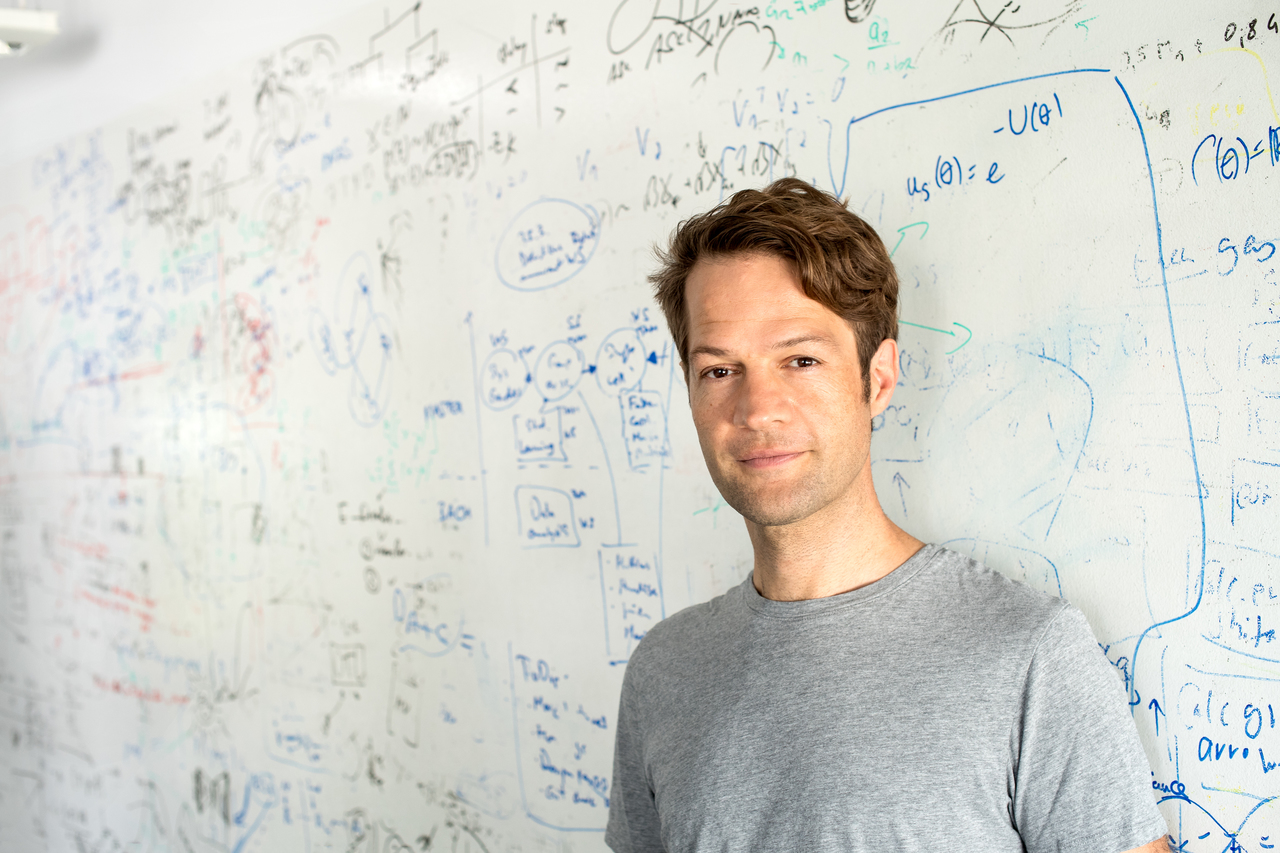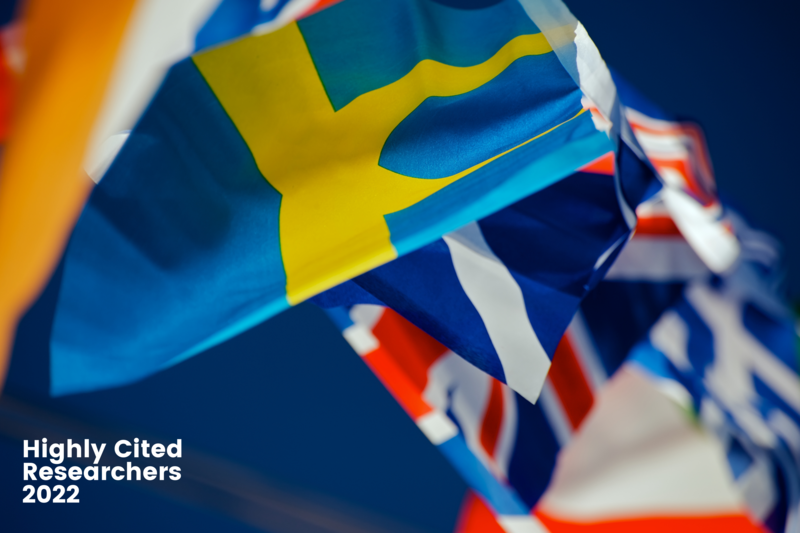Fabian Theis is an internationally leading pioneer in the fields of machine learning in biomedicine and computational health research. He uses Artificial Intelligence (AI) to investigate how cells make decisions, for example to understand how diseases develop. His objective is to describe the diverse range of cell types in the human body, for example to represent the effects of medicinal active ingredients on specific cell types.
He was selected as one of ten scientists for the Leibniz Prize. To date, eleven Leibniz prize winners have received the Nobel Prize at a later stage in their careers.
"Single-cell genomics is a fantastic area to explore with machine learning techniques to understand cellular decisions"
Fabian Theis about his new award: “I am super excited and grateful about this recognition! The past years have seen a rapid explosion of single cell genomics. The produced big data makes this a fantastic area to explore with machine and deep learning techniques to understand cellular decisions in health and disease. What also stands out is the immensely collaborative research - with teams truly spanning the globe. The future of medicine is data-based, and I hope to contribute to the foundations of a transformative biomedical era. I am delighted to receive DFG’s support with the prestigious Leibniz Prize, and I am deeply grateful to my fantastic team, my department, Helmholtz Munich, the Helmholtz Association, the Technical University of Munich and in particular my family, without whom all of this would not have been possible.”
Throughout his career, Theis contributed to answering medical questions such as the risk assessment of type-1-diabetes, modelling of drug combinations in diabetes, prediction of diabetic retinopathy and to solving questions facing the SARS-CoV2 pandemic.
He is a key player in the Human Cell Atlas, an international collaborative project with the goal of establishing a reference database of all human cells as a basis for the diagnosis, monitoring and therapy of diseases.
Theis received numerous awards and fundings for his scientific work, including the European Research Council (ERC) Advanced Grant (2022), the Erwin Schrödinger Prize of the Stifterverband (2017), an ERC Starting Grant (2010) and the Heinz Maier-Leibnitz Prize of the DFG (2006).
Sources: Press releases from Helmhotz Munich and Technical University of Munich


